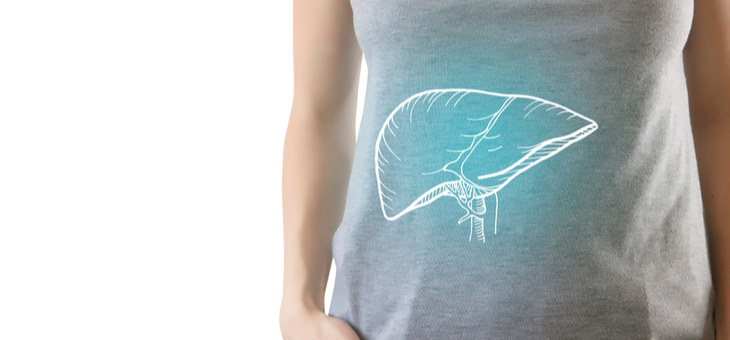Utter the word ‘liver’ and the evils of alcohol come to mind.
Yes, booze damages your liver, the body’s cleansing filter. But there are many other substances that afflict our important and overworked waste product remover.
You are more at risk of non-alcoholic fatty liver disease (NAFLD) if you are overweight or obese, so foods that add too much fat are especially bad for the liver.
Sugar
Refined sugar and high fructose corn syrup – found in many modern processed foods – cause a fatty build-up that can lead to liver disease.
“Some studies show that sugar can be as damaging to the liver as alcohol, even if you’re not overweight,” cautions webmd.com.
Especially pernicious are sugar-laden soft drinks. Health.com reports that one study found that people who drank one or more sugar-sweetened drinks a day “had higher markers of fatty liver disease than those who didn’t drink any sugary drinks”. Earlier studies concluded drinking two such drinks per day for six months produced signs of fatty liver disease.
Read more: Get medications delivered to your door
Paracetamol
In high doses, the active ingredient in this over the counter pain reliever can “cause liver failure and even death”, reports health.com. “Liver damage from acetaminophen, which can be severe, can result either from an overdose or from regular doses that are taken while drinking alcohol,” says medicine.net. Be wary; a drug in many common products can still be dangerous if taken in too high a dosage or with alcohol.
Trans fats
These man-made fats, found in some packaged foods, increase your ‘bad’ fats, and decrease your ‘good’ fats. Extra fat can build up in liver cells and lead to NAFLD. If it then hardens, it can scar liver tissue, which is called cirrhosis.
Trans fats are found in: baked goods, such as cakes, cookies and pies; shortening; microwave popcorn; frozen pizza; refrigerated dough, such as biscuits and rolls; fried foods, including french fries, doughnuts and fried chicken; non-dairy coffee creamer.
Read more: Cut back on booze to look after your liver
Lack of water
Not drinking enough water affects the liver. “Dehydration can have a direct effect on our liver’s ability to properly detoxify our body,” Michele Neil-Sherwood, co-author of The Quest for Wellness, told thehealthy.com. “So as the liver loses hydration, it also loses its organ reserve, or what it uses to take care of the rest of the body.” This increases the risk of illness. Ideally, you should consume around four litres of water from a clean source.
Smoking
Smoking can increase the risk of both liver cancer and cirrhosis of the liver. The toxic chemicals in tobacco smoke can cause inflammation and eventual cirrhosis. Smoking also promotes the production of cytokines, chemicals that also cause inflammation.
Moderate drinking
It’s easy to drink more than the daily recommended minimums. Most glasses hold more than a standard drink and one standard drink per day for women and two for men is considered the safe limit. Just seven weeks of intermittent binge drinking harms the liver in ways moderate drinking does not. Binge drinking is defined as consumption of five or more drinks within two hours, an amount equivalent to five bottles of beer, a bottle of wine, or five shots of hard liquor. For a woman, binge drinking involves consumption of four or more drinks in two hours.
For men, risk increases if they drink more than 425g of alcohol for more than 10 years. That means consuming about three cans of beer, three glasses of wine, or three shots of hard liquor.
Liver facts
- the liver regulates most chemical levels in the blood and excretes bile, which helps carry away waste products
- all the blood leaving the stomach and intestines passes through the liver
- the liver metabolises drugs into forms that are easier for the rest of the body to use
- the liver is involved in more than 500 vital functions
- about 50 per cent of people with acute liver disease will have no symptoms
- chronic liver disease occurs when a condition affects the liver for six or more months
- people living with chronic liver disease may not experience symptoms until the disease has progressed for many years
Read more: Best and worse foods for liver health
Do you drink four litres of water per day? How often do you consumer soft drinks?
If you enjoy our content, don’t keep it to yourself. Share our free eNews with your friends and encourage them to sign up.

